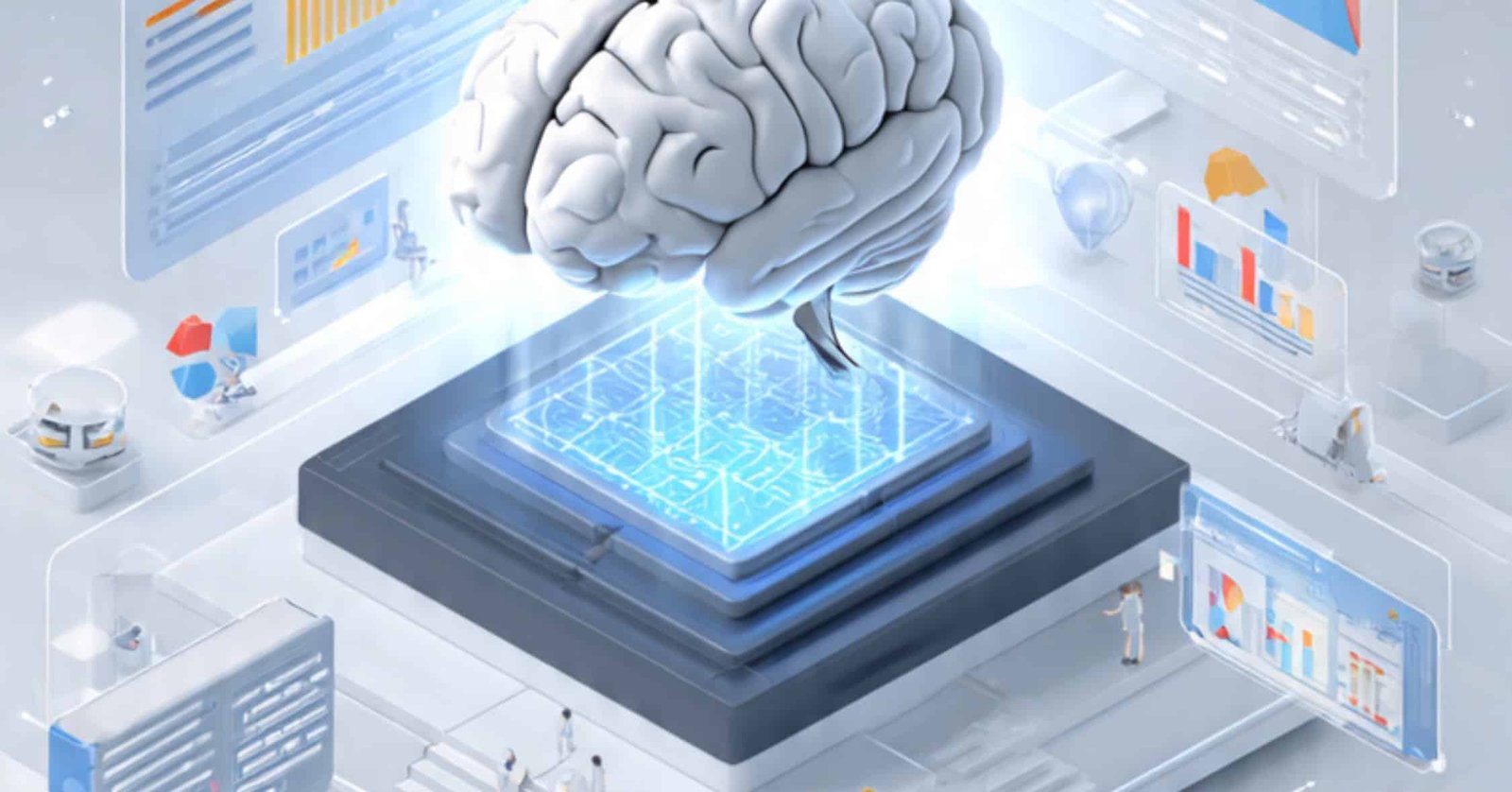As businesses grow, customer support often becomes a challenging bottleneck. The modern consumer expects instant responses, personalized help, and round-the-clock availability. In 2025, artificial intelligence (AI) has become a cornerstone of customer support operations, allowing businesses to automate significant portions of their service while enhancing customer satisfaction.
In this post, we’ll explore real-world case studies from 2025 that showcase how AI-powered automation in customer support is helping businesses reduce costs, increase efficiency, and provide exceptional customer experiences.
Why Automate Customer Support?
Before diving into specific case studies, it’s important to understand why businesses are rapidly adopting AI for customer support:
-
24/7 availability
-
Instantaneous response times
-
Lower operational costs
-
Multilingual support
-
Reduction of human error
-
Personalization at scale
Let’s explore how leading companies are leveraging AI for customer support automation.
Case Study 1: E-commerce – Chatbots at Scale
Company: ShopGlobal (Leading International E-commerce Platform)
Challenge: Handling millions of customer queries monthly about orders, returns, and shipping delays.
Solution:
In early 2025, ShopGlobal deployed AI-powered chatbots built on transformer-based models (GPT-like systems) customized with their knowledge base.
Features:
-
Order tracking in real-time
-
Automatic refunds initiation for eligible cases
-
Escalation to human agents for sensitive issues
-
Personalized product recommendations during chats
Results:
-
68% reduction in human agent involvement
-
Customer satisfaction scores rose by 23%
-
Annual cost savings of over $4.5 million
Case Study 2: Banking – AI Voice Assistants
Company: FutureBank (Global Digital-First Bank)
Challenge: Providing secure, instant assistance to mobile banking users.
Solution:
FutureBank integrated AI voice assistants into their mobile app, allowing users to speak naturally to manage their accounts, transfer funds, or ask about recent transactions.
Security Features:
-
Biometric authentication for sensitive transactions
-
Real-time fraud detection embedded in AI workflows
Results:
-
Cut average support call duration by 43%
-
Reduced fraud-related incidents by 17%
-
Improved app store ratings across platforms
Case Study 3: SaaS Industry – Predictive Support Using AI Analytics
Company: CloudManagePro (IT Infrastructure SaaS)
Challenge: Many customer complaints were about predictable infrastructure issues.
Solution:
By applying AI-driven predictive analytics, CloudManagePro could proactively alert customers before issues arose. AI flagged anomalies by analyzing system performance data.
Results:
-
Customer complaints dropped by 52%
-
85% of critical issues resolved before customer noticed
-
Strong boost in brand loyalty and retention
Case Study 4: Travel Industry – Multilingual AI Chat Support
Company: FlyEasy (Global Airline)
Challenge: Supporting customers from 120+ countries in different languages.
Solution:
FlyEasy implemented a neural machine translation (NMT) system into their AI chat interface, allowing real-time translation between over 50 languages.
Features:
-
Customers could chat in their native language
-
Responses were localized, not just translated, to sound natural
-
Sentiment analysis helped escalate frustrated customers faster
Results:
-
40% increase in customer engagement globally
-
Reduced hiring needs for multilingual agents by 60%
Case Study 5: Telecommunications – Sentiment Analysis for Escalations
Company: ConnectNet (Global Telecom Provider)
Challenge: Managing large volumes of customer frustration around service outages.
Solution:
Sentiment analysis algorithms were integrated into their chatbot system. The AI identified negative sentiment patterns in customer messages and escalated critical cases to human agents with full conversation history for context.
Results:
-
Reduced escalation handling time by 35%
-
Improved issue resolution satisfaction ratings by 30%
-
Helped retain customers during regional service disruptions
Case Study 6: Healthcare – AI-Powered Symptom Triage
Company: MediAssist Health (Telehealth Startup)
Challenge: Managing patient queries about symptoms before video consultations.
Solution:
MediAssist developed an AI-powered symptom triage system, allowing patients to input symptoms and receive guided responses before booking a doctor appointment.
Features:
-
AI triaged minor issues with self-care advice
-
Serious symptoms flagged for immediate physician consultation
-
Integrated with electronic health records for personalized guidance
Results:
-
60% reduction in unnecessary telehealth bookings
-
Patient satisfaction scores increased by 27%
-
Freed up healthcare professionals to focus on urgent care cases
Key Technologies Powering AI Customer Support in 2025
| Technology | Role in Automation |
|---|---|
| Large Language Models (LLMs) | Power chatbots and email responders |
| Natural Language Processing (NLP) | Helps AI understand customer intent |
| Machine Translation (MT) | Enables real-time multilingual conversations |
| Voice AI | Assists in phone-based and voice-assisted digital support |
| Predictive Analytics | Flags potential issues before customers complain |
| Sentiment Analysis | Helps prioritize escalations by emotional tone |
Challenges and Considerations
While AI automation has brought significant improvements, businesses still face challenges such as:
-
Maintaining the human touch for emotionally sensitive queries
-
AI bias and fairness in multilingual and cultural contexts
-
Ensuring privacy compliance with regulations like GDPR, HIPAA, etc.
-
Customer acceptance — some customers still prefer human interaction
Best Practice:
→ The most successful companies blend AI automation with human expertise, giving customers the best of both worlds.
Future Trends: What’s Next for AI in Customer Support?
Looking forward to 2030, we anticipate:
-
Emotionally intelligent AI capable of empathizing with frustrated customers
-
Hyper-personalization through integration with complete customer profiles
-
Self-learning support systems that improve with every interaction
-
Fully AI-powered contact centers for certain industries
Conclusion
The automation of customer support with AI has moved from experimental to essential in 2025. Businesses across sectors are seeing faster resolutions, higher customer satisfaction, and reduced operational costs. By learning from the case studies above, organizations can craft their AI strategies to meet both operational goals and evolving customer expectations.
In the future, customer support will no longer be seen as just a necessary business function—it will be a strategic differentiator, largely powered by AI.











